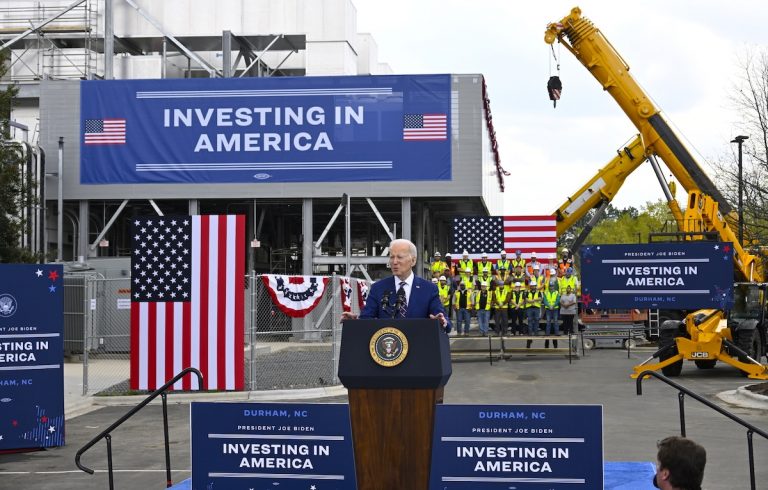Trump Administration Ordered To Unfreeze Climate, Infrastructure Funds
A federal judge has ordered the release of billions of dollars in funds for climate and infrastructure projects that had been paused by five federal government agencies.
The temporary, nationwide injunction instructs the Trump administration to release the funding from two Biden-era initiatives while a lawsuit brought by environmental nonprofits proceeds.
“Today’s ruling marks a crucial victory for the rule of law and ensures these vital resources will flow to the people and projects Congress intended to support,” said Skye Perryman, president of Democracy Forward, the legal group representing the plaintiffs, in a press release from the group.















